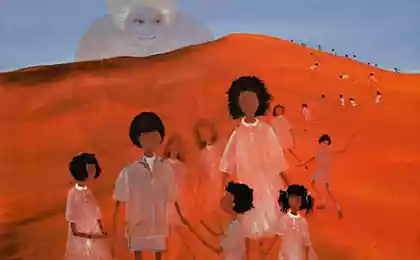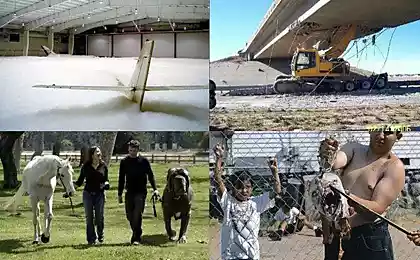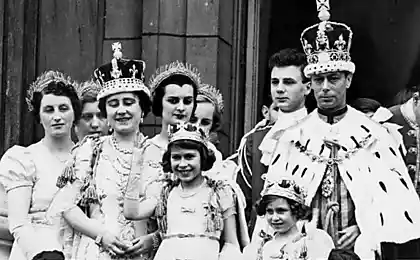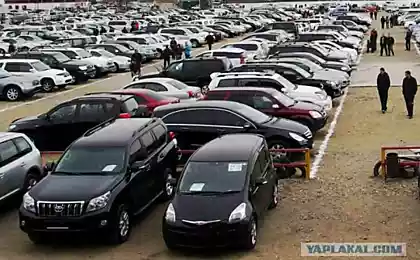204
She spent the money she had saved to find all her ancestors.
How do I find relatives? Have you ever thought about your ancestors? What were they like? Wealthy people who were active in society? Or poor workers who sincerely hoped that their children and grandchildren would live better? How many generations of relatives can you name without a hitch? Would you even say that?

How to find relatives Often many of us start serious ancestor out of pure interest. Or based on bureaucratic requirements. Let's deal with it together as a modest knowledge of grandparents, turn it into a systematic. And then create a lush and detailed family tree of his family.
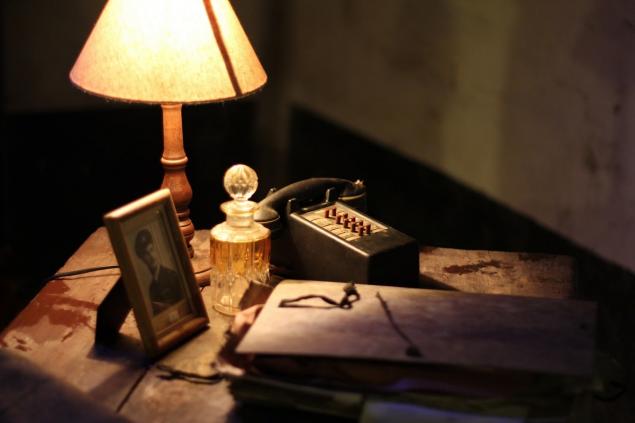
There is nothing more valuable than the words of witnesses. Those who have been directly involved in many events and remember older family members. If you're lucky, yours. Grandparents can tell you At least some information - catch this bird of luck by the tail. Ask them as much as possible about everything and everyone. And if you are afraid to miss some information, then it is better to make a list of questions in advance. That would be a mini-interview.
Ask to show pictures, record the conversation on camera or recorder. Believe me, those who can not boast of the treasure in the form of living relatives, have to look for ancestors much longer and harder. Don't let that happen. expensive sources of information I'm not paying attention.
It is also important to review family archives. There may be necessary documents, photos, diaries. Once upon a time Many of the pictures were signed. from the other side, and also kept various notes in diaries. They may not always be helpful in finding relatives, but they are as interesting as cultural memorabilia of old.
Try to keep it. valuablesThe ones you have. For example, a simple photo can tell a lot about who a person worked, where and how he lived. Be sure to carefully consider every detail of the photos. This will make it easier for you to collect new information, as well as recognize your ancestors in other old photos. If you are afraid to forget something, then be sure to write down everything you see fit.

Let’s say that now you have a certain amount of information about living relatives, as well as those who are no longer there. What's next? Experts advise in detaildocumentThe ones we got. Be careful with dates, names, patronymics. It's all very important.
Do what's easier for you. Take a big piece of paper and a pen, or open a document on your computer and start writing. Set yourself up as the starting point in your family tree, and then gradually continue to provide all the information available. You, your brothers or sisters, your parents, their parents. So you'll notice that Your system is expanding.. New people, names, dates are added. But what if you don’t know some dates? Where to look next?

Work with Internet sources and archives The next stage of the search for lost ancestors can be Registry offices, archives and the Internet. Many archives digitize paper versions of documents, so you don’t have to travel across thirty lands to get any certificate. To obtain the information you need, now it is enough to send a request to the e-mail of the institution. Requests should be sent to the place of residence of the relative you are trying to find.
But remember that this information also has. period of storage. In rural councils, information about a person persists for about 60-70 years. It is then transferred to the district archive. After about the same period, the documents are sent for storage in the regional archives. If you are trying to find a really distant ancestor, you may have an appeal immediately to the archives of the region.
Further information can be found at thematic sites or in open databases. It is enough to enter the appropriate search query on the Internet and scour the appropriate Internet pages. It is not a fact that you will find enough data, but even the slightest lead can help in the search. For example, relatives of the participants of the Second World War can try to find the necessary information on the sites “The Feat of the People”, “Memory of the People”, “Memory of the Memorial”.

So it happens that someone from a large family brought to their native land from distant countries. Don’t worry, the search chain doesn’t stop there. Thanks to the Internet, you can also send the request you need to a special department of another country. There are times when you need one. “Overseas” reference will come to you fasterthan domestic.
The main thing is to know where your ancestor lived. Many names of cities and settlements have changed many times, which can confuse you. In addition, information does have the property of being lost. Sometimes even forever. The lion's share of archival information was destroyed due to the difficult events of past centuries.

If you do not have enough time to independently search for ancestors, but the funds allow, then you can contact specialists. They certainly know how to find relatives, it will cost a lot. Of course, the researchers will full-fledged search They'll end up with a book about your family history. Although sometimes even the pros can not cope with the sands of time, which forever consume everyone and everything.
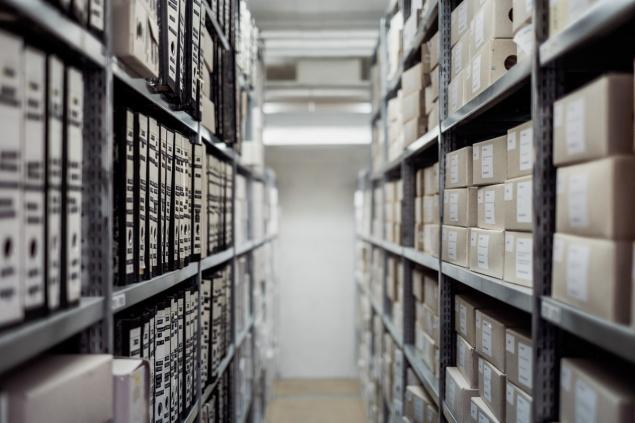
Do you know, How to find relatives on your own? Have you ever been involved in such activities? Share your experience with our subscribers. Your story is very valuable to everyone.

How to find relatives Often many of us start serious ancestor out of pure interest. Or based on bureaucratic requirements. Let's deal with it together as a modest knowledge of grandparents, turn it into a systematic. And then create a lush and detailed family tree of his family.

There is nothing more valuable than the words of witnesses. Those who have been directly involved in many events and remember older family members. If you're lucky, yours. Grandparents can tell you At least some information - catch this bird of luck by the tail. Ask them as much as possible about everything and everyone. And if you are afraid to miss some information, then it is better to make a list of questions in advance. That would be a mini-interview.
Ask to show pictures, record the conversation on camera or recorder. Believe me, those who can not boast of the treasure in the form of living relatives, have to look for ancestors much longer and harder. Don't let that happen. expensive sources of information I'm not paying attention.
It is also important to review family archives. There may be necessary documents, photos, diaries. Once upon a time Many of the pictures were signed. from the other side, and also kept various notes in diaries. They may not always be helpful in finding relatives, but they are as interesting as cultural memorabilia of old.
Try to keep it. valuablesThe ones you have. For example, a simple photo can tell a lot about who a person worked, where and how he lived. Be sure to carefully consider every detail of the photos. This will make it easier for you to collect new information, as well as recognize your ancestors in other old photos. If you are afraid to forget something, then be sure to write down everything you see fit.

Let’s say that now you have a certain amount of information about living relatives, as well as those who are no longer there. What's next? Experts advise in detaildocumentThe ones we got. Be careful with dates, names, patronymics. It's all very important.
Do what's easier for you. Take a big piece of paper and a pen, or open a document on your computer and start writing. Set yourself up as the starting point in your family tree, and then gradually continue to provide all the information available. You, your brothers or sisters, your parents, their parents. So you'll notice that Your system is expanding.. New people, names, dates are added. But what if you don’t know some dates? Where to look next?

Work with Internet sources and archives The next stage of the search for lost ancestors can be Registry offices, archives and the Internet. Many archives digitize paper versions of documents, so you don’t have to travel across thirty lands to get any certificate. To obtain the information you need, now it is enough to send a request to the e-mail of the institution. Requests should be sent to the place of residence of the relative you are trying to find.
But remember that this information also has. period of storage. In rural councils, information about a person persists for about 60-70 years. It is then transferred to the district archive. After about the same period, the documents are sent for storage in the regional archives. If you are trying to find a really distant ancestor, you may have an appeal immediately to the archives of the region.
Further information can be found at thematic sites or in open databases. It is enough to enter the appropriate search query on the Internet and scour the appropriate Internet pages. It is not a fact that you will find enough data, but even the slightest lead can help in the search. For example, relatives of the participants of the Second World War can try to find the necessary information on the sites “The Feat of the People”, “Memory of the People”, “Memory of the Memorial”.

So it happens that someone from a large family brought to their native land from distant countries. Don’t worry, the search chain doesn’t stop there. Thanks to the Internet, you can also send the request you need to a special department of another country. There are times when you need one. “Overseas” reference will come to you fasterthan domestic.
The main thing is to know where your ancestor lived. Many names of cities and settlements have changed many times, which can confuse you. In addition, information does have the property of being lost. Sometimes even forever. The lion's share of archival information was destroyed due to the difficult events of past centuries.

If you do not have enough time to independently search for ancestors, but the funds allow, then you can contact specialists. They certainly know how to find relatives, it will cost a lot. Of course, the researchers will full-fledged search They'll end up with a book about your family history. Although sometimes even the pros can not cope with the sands of time, which forever consume everyone and everything.

Do you know, How to find relatives on your own? Have you ever been involved in such activities? Share your experience with our subscribers. Your story is very valuable to everyone.
To make meat or cutlets a hundred times tastier, just caramelize onions
Why give birth to six children, when the family can barely make ends meet






